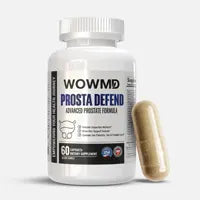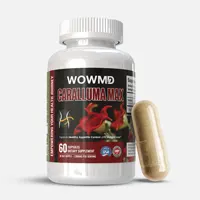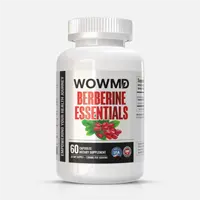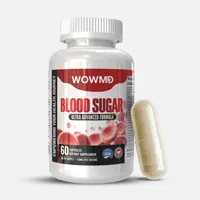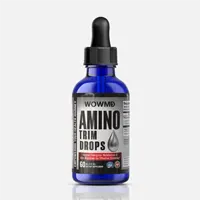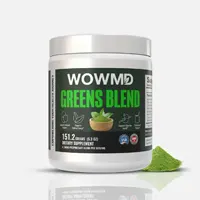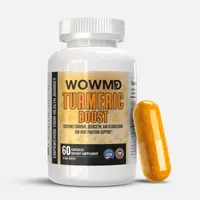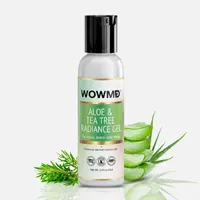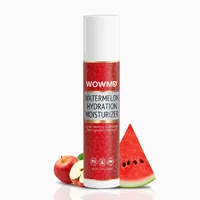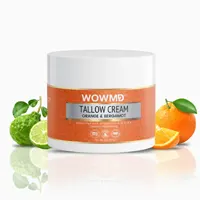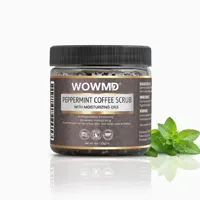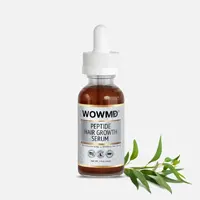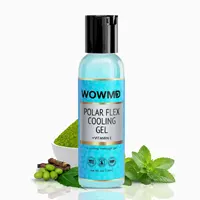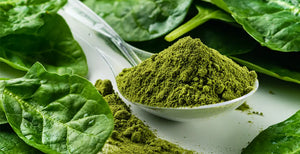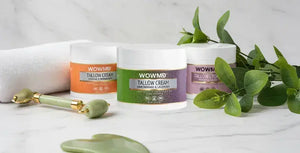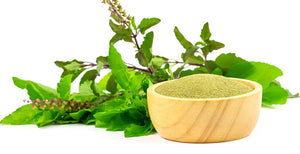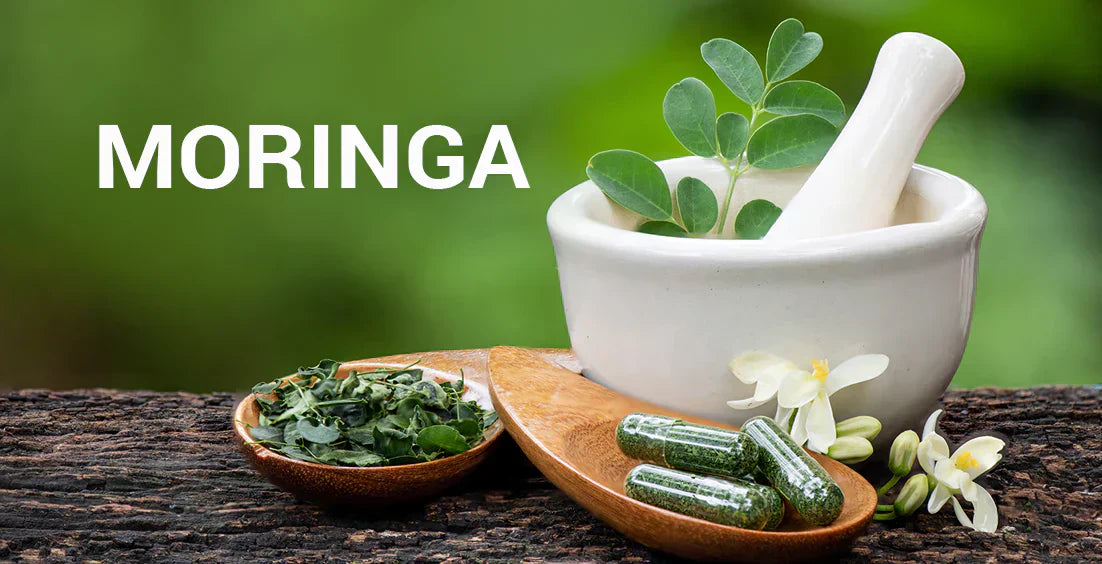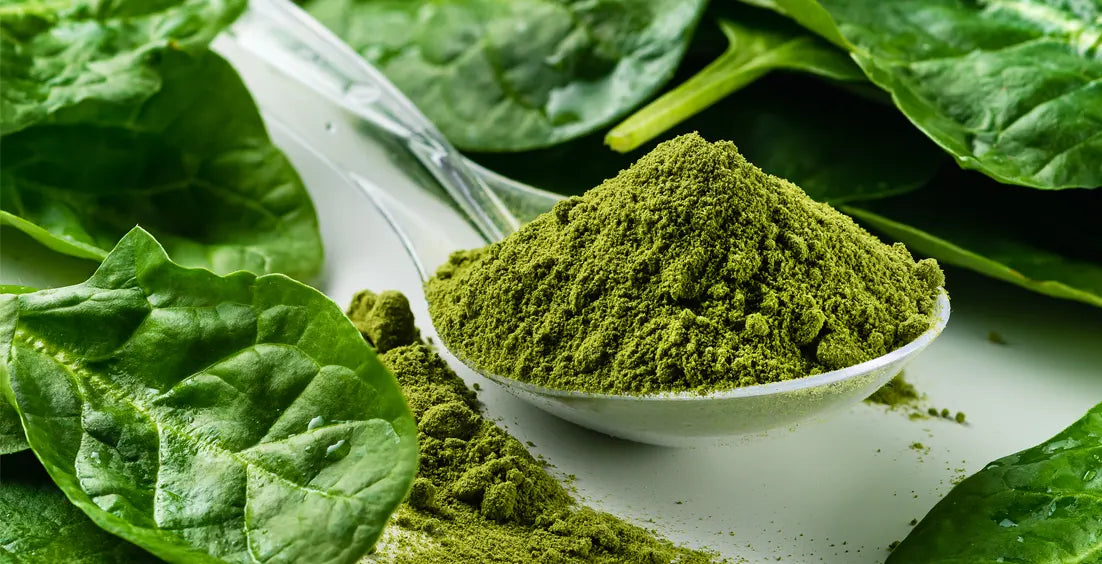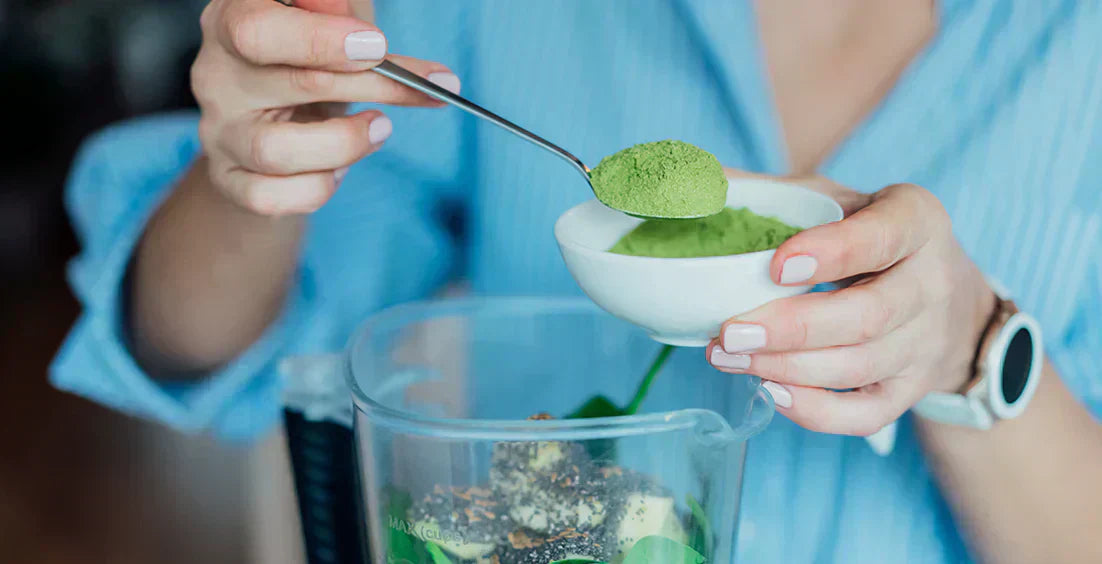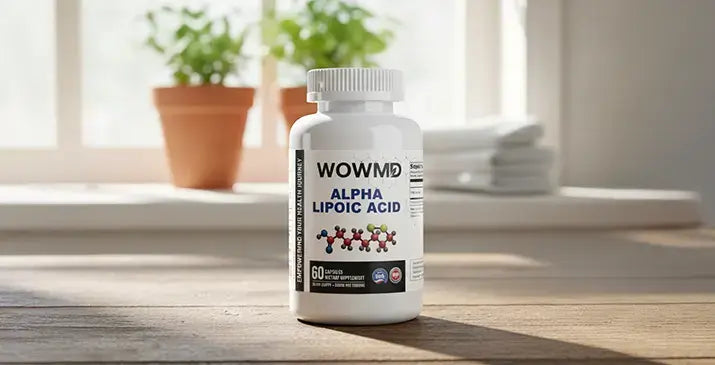Mastering Moringa: Many Uses & Benefits of the Miracle Tree
Find out here how to use Moringa effectively. In this article, explore different forms and benefits of this miracle tree.
Advertiser Disclosure: WOWMD independently vets all recommended products. If you purchase a featured product, we may be compensated. Learn why you can trust us.
You May Also Like
Popular Stories
- Superfood Greens Powder Uses & Recipes
- The Best Beef Tallow Products for Radiant Skin: A 2026 Guide
- Holy Basil : Ayurveda’s Herb for Balance, Immunity & Everyday Calm
- Best Gel Moisturizers for Hydration & Skin Care in 2026
- 7 Best Effective Supplements for Improving Bladder and Prostate Health in 2026
- 4 Best Cooling Gels for Skin and Body: Instant Refreshment and Relief
References
WOWMD follows strict sourcing guidelines to ensure the accuracy of its content, outlined in our editorial policy. We use only trustworthy sources, including peer-reviewed studies, qualified experts, and information from top institutions.
- Moringa oleifera - https://www.sciencedirect.com/topics/agricultural-and-biological-sciences/moringa-oleifera
- Moringa: the ‘Miracle Tree’ - https://www.internationaltreefoundation.org/news/moringa-the-miracle-tree
- Moringa oleifera leaf protein: Extraction, characteristics and applications - https://www.sciencedirect.com/science/article/abs/pii/S0889157523001084
- Flavonoids and Other Phenolic Compounds from Medicinal Plants for Pharmaceutical and Medical Aspects: An Overview - https://www.ncbi.nlm.nih.gov/pmc/articles/PMC6165118/
- Moringa oleifera Root Induces Cancer Apoptosis more Effectively than Leave Nanocomposites and Its Free Counterpart - https://www.ncbi.nlm.nih.gov/pmc/articles/PMC5697473/
- Moringa Tree, Gift of Nature: a Review on Nutritional and Industrial Potential - https://www.ncbi.nlm.nih.gov/pmc/articles/PMC9108141/
- Moringa oleifera is a Prominent Source of Nutrients with Potential Health Benefits - https://www.ncbi.nlm.nih.gov/pmc/articles/PMC8373516/
- Health Benefits of Moringa oleifera - https://www.researchgate.net/publication/267932962_Health_Benefits_of_Moringa_oleifera
 Alpha Man Power Pack
Alpha Man Power Pack All-Day Fat Burn Trio
All-Day Fat Burn Trio Better Immunity Bundle
Better Immunity Bundle  Calm & Sleep Duo
Calm & Sleep Duo Cognitive Health & Vision Combo
Cognitive Health & Vision Combo Complete Weight Loss Bundle
Complete Weight Loss Bundle Core Vitality Trio
Core Vitality Trio Energy Booster Combo
Energy Booster Combo Focus Fuel Trio
Focus Fuel Trio Glow & Balance Duo
Glow & Balance Duo Health Balance Trio
Health Balance Trio Heart Care Bundle
Heart Care Bundle Joint Health Support Combo
Joint Health Support Combo Men's Immunity & Prostate Health Bundle
Men's Immunity & Prostate Health Bundle Metabolism Boost Duo
Metabolism Boost Duo Natural Skin Care Bundle
Natural Skin Care Bundle Peak Performance Duo
Peak Performance Duo Relax & Recharge Duo
Relax & Recharge Duo Skin Detoxification Bundle
Skin Detoxification Bundle Smart Energy Trio
Smart Energy Trio Stress + Energy + Wellness Combo
Stress + Energy + Wellness Combo  Total Burn Ignite Trio
Total Burn Ignite Trio Total Harmony Pack
Total Harmony Pack Workout Supplements Combo
Workout Supplements Combo
